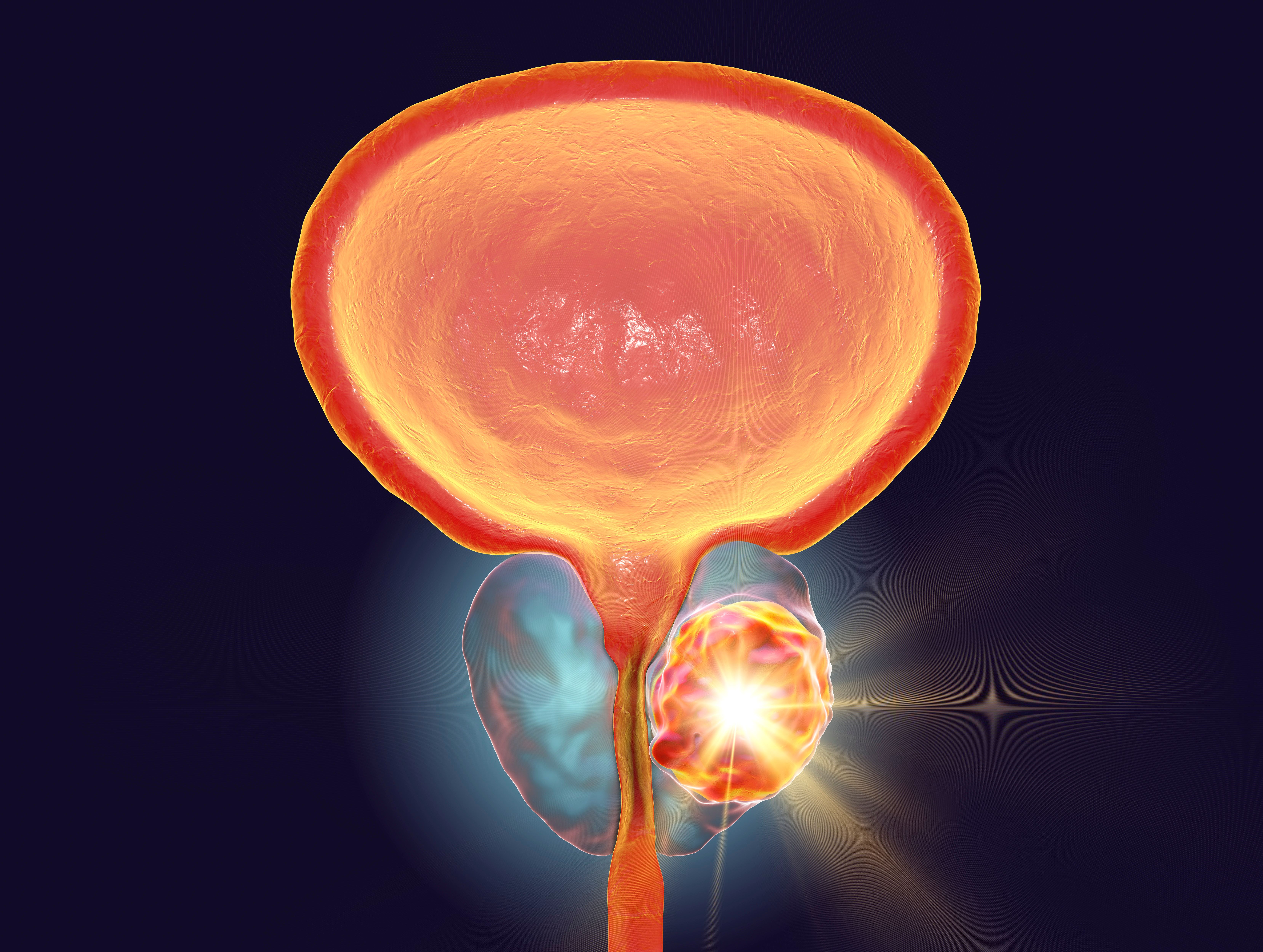Article
Gold Nanoparticles Increase Efficacy of Lung Cancer Treatments
Author(s):
Study identifies previously unknown properties of gold to release anti-cancer drugs inside of tumors.
A novel device containing gold flecks may boost the efficacy of lung cancer drugs.
Gold is a safe chemical element that can catalyze chemical reactions. In a new study published in Angewandte Chemie, investigators identified properties that allowed these catalytic abilities to be accessed without any adverse events.
The investigators used gold nanoparticles encased in a chemical device to control these highly-specific reactions in precise locations. When implanted in zebrafish brains, the device catalyzed a directed chemical reaction, suggesting its ability to be used in living animals.
More importantly, the gold nanoparticles also activated anti-cancer drugs used to attack lung cancer cells in a Petri dish, ultimately increasing the drugs’ efficacy.
“We have discovered new properties of gold that were previously unknown and our findings suggest that the metal could be used to release drugs inside tumors very safely,” said author Dr Asier Unciti-Broceta. “There is still work to do before we can use this on patients, but this study is a step forward. We hope that a similar device in humans could one day be planted by surgeons to activate chemotherapy directly in tumors and reduce harmful effects in healthy organs.”
The method offers a novel way to modulate the activity of bioorthogonal reagents in the most fragile and complex organs, according to the authors. Furthermore, the device could be used to reduce adverse events in current chemotherapies by targeting disease cells and leaving healthy tissue unharmed.
“By developing new, better ways of delivering cancer drugs, studies like this have the potential to improve cancer treatment and reduce side effects,” said Dr Áine McCarthy, senior science information officer at Cancer Research UK. “In particular, it could help improve treatment for brain tumors and other hard-to-treat cancers. The next steps will be to see if this method is safe to use in people, what its long- and short-term side effects are, and if it’s a better way to treat some cancers.”
Roughly 450 individuals die from cancer each day in the UK, and a cancer diagnosis is made every 2 minutes.
Newsletter
Stay informed on drug updates, treatment guidelines, and pharmacy practice trends—subscribe to Pharmacy Times for weekly clinical insights.





